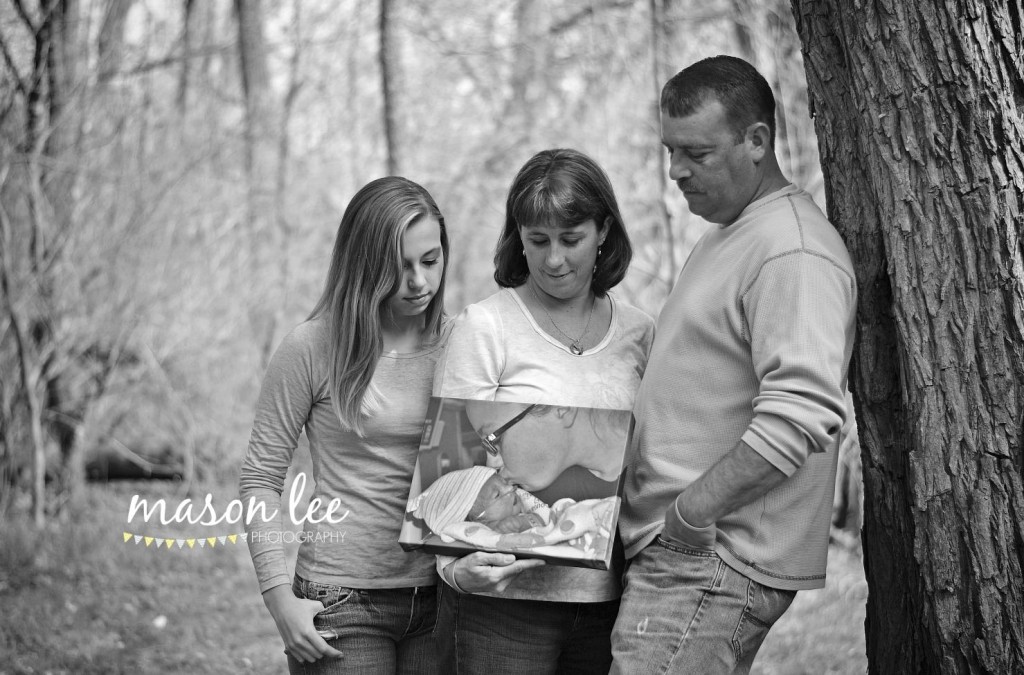For those of us who have lost a child to Trisomy 18, Mother’s Day can be such a painful day — especially the 1st Mother’s Day after our child is gone. And if we have no other living children, if this loss was the loss of our first and only child, we can wonder if we even have a “right” to be included among the “real” mothers that we are inevitably surrounded by on this day.
I know I dreaded my first Mother’s Day after losing Isaac. When that day came, just 3 months after losing him, I was overwhelmed with sadness and anger–the injustice of there being this wide gulf between what I had looked forward to fantasizing about my first Mother’s day during my pregnancy and what the reality of this day actually became. I felt so cheated! My kitties and husband stayed very close to me that day, just being comforting, which is what I needed. To just stay physically connected in loving ways.
Mother’s Day these days is still bittersweet as my husband and I did not have the gift of other children after Isaac. But I’m very lucky to have a caring Mother-in-law who always remembers Mother’s Day and sends me a card from Isaac–something like what I imagine he and his Daddy would go pick out together at the Hallmark shop. She does the same thing for my husband for Father’s Day, and it is so dear.
What I know today that I didn’t know then is that Mother’s Day is inextricably tied up with grieving and loss from its very origins as an official holiday in the United States. Anna Jarvis, who is credited with “inventing” Mother’s Day, sat at the bedside of her dying mother on the 2nd Sunday in May 1906 in Crafton, West Virginia. This mother’s life was marked with the sadness of losing seven of her children at early ages. Only Anna, a sister, and two brothers survived to adulthood. On that day of great loss for Anna, to remember and honor her own dying Mother who had lived her whole life long knowing the great loss of a child, Anna vowed to organize something that would honor all mothers. That effort became “Mother’s Day” in 1914 when President Woodrow Wilson made it an official national holiday on the 2nd Sunday of May each year–the day Anna’s mother died.
We are among those honored and honorable Mothers who, like Anna’s mother, know the immense loss of a child. Death does not end a Mother’s love. And like Anna, for some of us, our loss drives us to look for ways we can make a difference in the world. My loss of Isaac led me to start the Trisomy 18 Foundation to help future mothers who were experiencing the pain of loss that I experienced. The Trisomy 18 Foundation works to create a world where Trisomy 18 is treatable, or even preventable, and it is through the tireless efforts of the many, many mothers who have experienced this terrible loss that we are able to help change the future for children diagnosed with this condition.
This Mother’s Day I walk beside each Mother as my sister. We walk together as we mourn and remember the many, many children with Trisomy 18 who we wanted with us today and every day. We walk together as we honor those Mothers among us whose child with Trisomy 18 is still with them, holding her up through this time waiting for their birth, or caring for their many daily needs, cherishing each day granted that child on this Earth.
We walk together as Mothers always because our journey is a shared one. A journey of shadows and of light.

